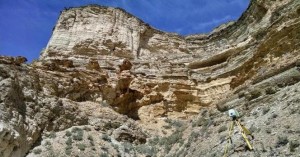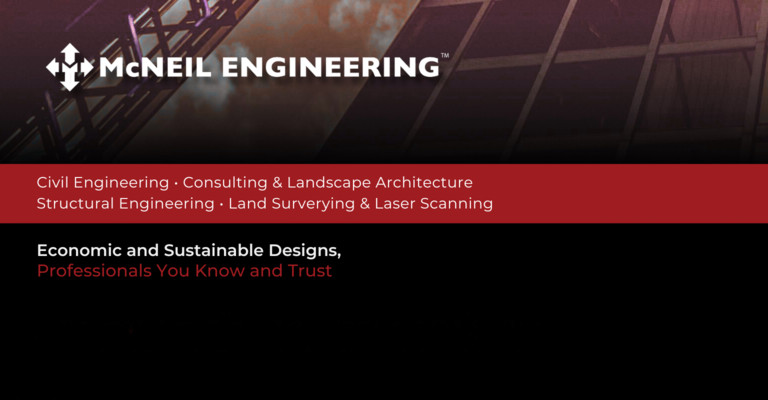 Laser scanning technology has revolutionized various industries by offering precise and efficient ways to capture and model the physical world. From architecture and construction to industrial design and archaeology, laser scanning has become an indispensable tool. In this blog post, we’ll explore the advancements and trends shaping the future of laser scanning, highlighting its impact on different sectors and applications.
Laser scanning technology has revolutionized various industries by offering precise and efficient ways to capture and model the physical world. From architecture and construction to industrial design and archaeology, laser scanning has become an indispensable tool. In this blog post, we’ll explore the advancements and trends shaping the future of laser scanning, highlighting its impact on different sectors and applications.
The evolution of laser scanning:
- High precision and accuracy:
- Over the years, advancements in laser scanning technology have significantly enhanced precision and accuracy. Modern laser scanners can capture detailed three-dimensional (3D) point clouds with sub-millimeter accuracy, providing a comprehensive representation of the scanned object or environment.
- Increased speed and efficiency:
- Improved scanning speeds have been a game-changer in various industries. Faster scanning capabilities allow for quicker data acquisition, reducing project timelines and enhancing overall efficiency. This is particularly crucial in time-sensitive industries like construction, manufacturing, and engineering.
- Integration with Building Information Modeling (BIM):
- Laser scanning has seamlessly integrated with Building Information Modeling (BIM), allowing for the creation of accurate 3D models of existing structures. This integration enhances collaboration among architects, engineers, and construction professionals throughout the project lifecycle.
- Mobile and handheld scanning devices:
- The development of mobile and handheld laser scanning devices has expanded the range of applications. These portable devices enable users to capture detailed data in challenging or remote environments, providing flexibility in various industries, including archaeology and forestry.
- Advanced software capabilities:
- The software used in conjunction with laser scanning has seen significant advancements. Advanced algorithms and processing capabilities allow for the efficient extraction of valuable information from point cloud data. This includes features like automatic object recognition and classification.
Laser scanning applications across industries:
- Architecture and construction:
- In the architecture and construction industry, laser scanning is widely used for site surveys, as-built documentation, and quality control. The technology facilitates the creation of accurate 3D models, aiding in project planning and design.
- Industrial plant design:
- Laser scanning plays a crucial role in industrial plant design by capturing detailed information about existing facilities. This data is then used in the design and retrofitting of plants, minimizing downtime and improving overall efficiency.
- Heritage preservation and archaeology:
- Heritage preservation and archaeology benefit from laser scanning’s ability to capture detailed 3D representations of historical sites and artifacts. This technology aids in documentation, restoration, and the preservation of cultural heritage.
- Forensic investigation:
- Laser scanning is increasingly used in forensic investigations to capture accurate crime scene data. This data can be utilized for crime scene reconstruction, analysis, and courtroom presentations.
- Mining and geological surveys:
- In the mining and geological sectors, laser scanning is employed for terrain mapping, volumetric analysis, and monitoring geological features. This information is vital for optimizing mining operations and ensuring environmental compliance.
Future trends in laser scanning:
- Augmented Reality (AR) integration:
- The integration of laser scanning with augmented reality is a promising trend. This combination allows users to overlay scanned data onto the real world in real time, offering enhanced visualization and decision-making capabilities.
- Artificial Intelligence (AI) for data analysis:
- The incorporation of artificial intelligence in data analysis processes is expected to streamline the interpretation of point cloud data. AI algorithms can automate object recognition, classification, and anomaly detection, saving time and improving accuracy.
- Miniaturization of scanning devices:
- The trend towards smaller and more portable scanning devices is likely to continue. Miniaturization opens up new possibilities for applications in tight or challenging spaces, such as infrastructure inspections and interior design.
- Cloud-based data storage and collaboration:
- The shift towards cloud-based storage and collaboration platforms enhances accessibility and facilitates seamless sharing of laser-scanning data among project stakeholders. This trend promotes collaboration and remote project management.
- Enhanced environmental monitoring:
- Laser scanning is increasingly being used for environmental monitoring, such as assessing the impact of climate change on landscapes and coastal areas. The technology’s ability to capture detailed terrain data aids in understanding and mitigating environmental changes.
McNeil Engineering:
As a leader in engineering services, McNeil Engineering stands at the forefront of laser scanning technology. With a commitment to innovation and excellence, McNeil Engineering offers comprehensive laser scanning services to clients across various industries.
- Expertise in laser scanning:
- McNeil Engineering’s team of skilled professionals brings extensive expertise in laser scanning, ensuring accurate and reliable data acquisition for diverse projects.
- Integrated engineering solutions:
- Beyond laser scanning, McNeil Engineering provides integrated engineering solutions, leveraging advanced technologies to deliver comprehensive services in areas such as structural engineering, civil engineering, and construction management.
- Commitment to quality and efficiency:
- McNeil Engineering is dedicated to delivering high-quality results with a focus on efficiency. Clients benefit from the latest advancements in laser scanning technology and a commitment to meeting project timelines.
- Customized solutions for every industry:
- McNeil Engineering understands the unique needs of different industries. Whether it’s architectural design, industrial plant planning, or heritage preservation, their team tailors laser scanning solutions to meet specific project requirements.
Visit McNeil Engineering to learn more about their laser scanning services and integrated engineering solutions. Partner with McNeil Engineering to harness the power of laser scanning for your projects, driving innovation and excellence in the ever-evolving landscape of technology and engineering.








